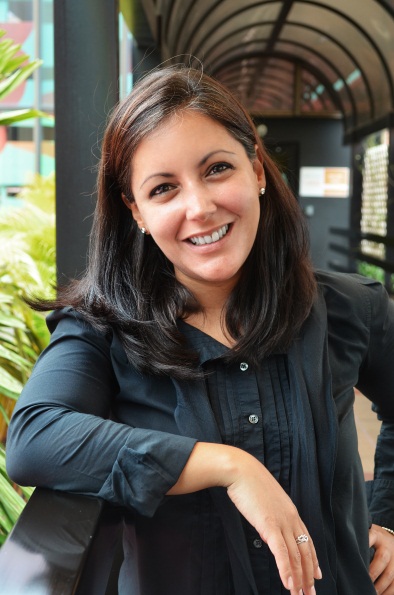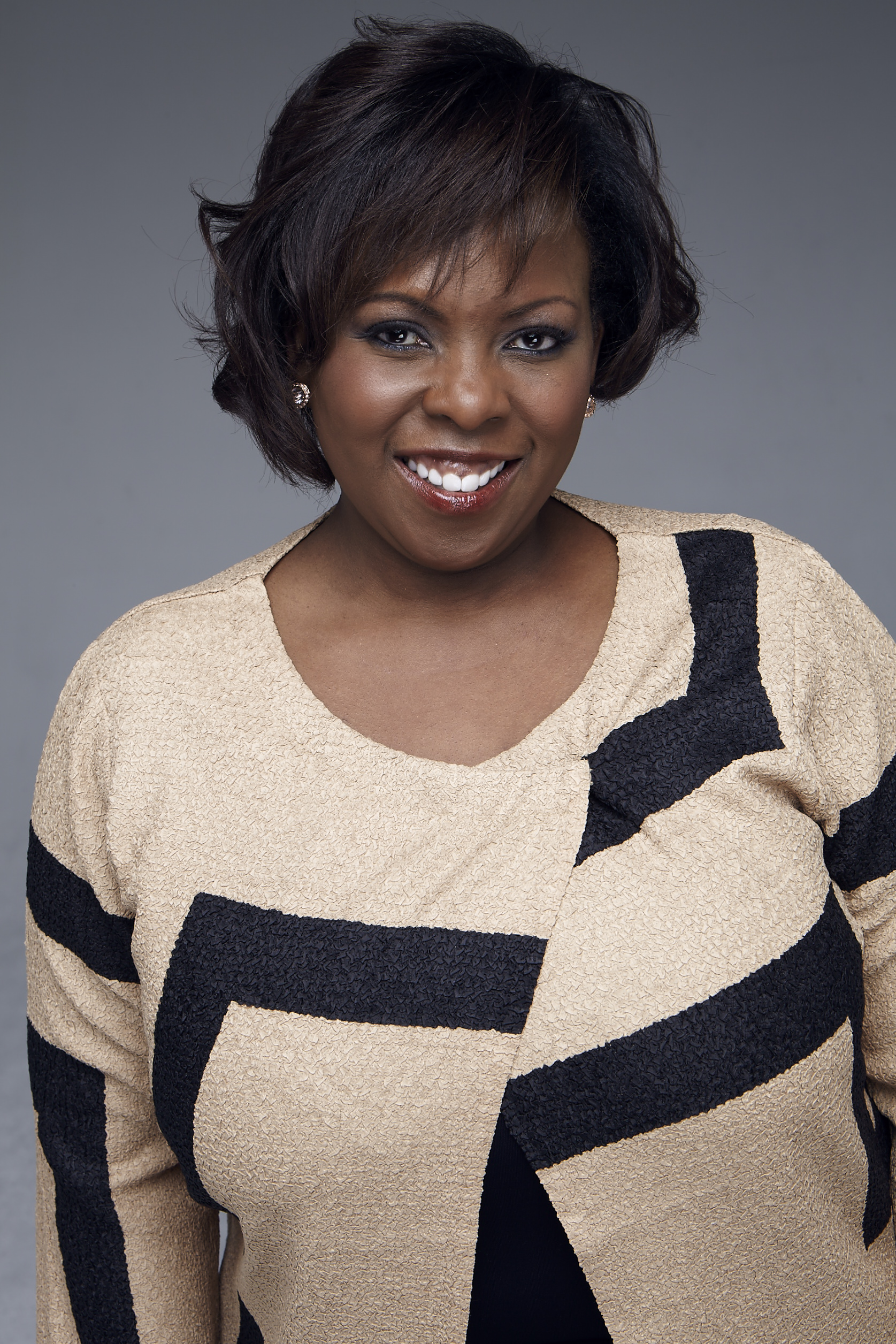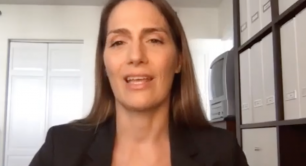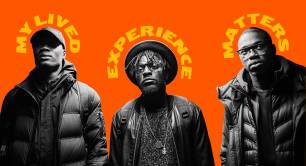Ditch the ‘experts’ and learn from each other: how to create more equitable organisations
Diversity, equity and inclusion ‘experts’ aren’t the solution to more equitable organisations – but learning from the lived experiences of people from diverse backgrounds will make a difference, attendees of the Ashoka Changemaker Summit heard on Thursday.
The panel discussion was organised by the global network of social entrepreneurs as part of a series of online events and brought together the diversity, equity and inclusion (DE&I) leads of eBay, Bad Robot Productions, Zalando, Moore Philanthropy and Ashoka.
Beric Alleyne, global head of DE&I at eBay, said he believed there was no such thing as a DE&I expert. There were people who understood how to drive organisational change and embed best practices, “which is great” he added. “But in terms of DE&I experts being somehow an all-knowing individual about every single culture across the globe – it's just humanly impossible… Sorry, I don't think it quite exists.”
Instead, he saw his position at eBay as an “opportunity to keep growing and learning about different groups of people and their lived experiences, and really getting proximate to what exactly they've gone through”. That was the first step towards finding solutions, whether from the government side or from a private corporation like eBay, he explained.
A learning journey
 Lorena García Durán (pictured), global lead for DE&I at Ashoka, who was moderating the panel, said being responsible for diversity, equity and inclusion often led to people expecting her to have all the answers. “It just shows how much people are not understanding what this is all about… We're all trying to learn. This is a learning journey.”
Lorena García Durán (pictured), global lead for DE&I at Ashoka, who was moderating the panel, said being responsible for diversity, equity and inclusion often led to people expecting her to have all the answers. “It just shows how much people are not understanding what this is all about… We're all trying to learn. This is a learning journey.”
Alleyne said the key to learning from each other was “open, honest, safe conversations in a respectful way”. He gave the example of a programme run at eBay where employees met members from misrepresented and misunderstood communities, such as people from different ethnic groups, religions or political affiliations, and held conversations in small groups.
“You were able to sit with four other people and have this very deep human conversation, and get to learn a bit more about these individuals,” he said. “The reason why I find this especially powerful, is it helps build empathy, which is a key requirement which is really driving this long-term behavioural shift [towards more equity]”.
The reason why I find this especially powerful, is it helps build empathy
Miki Woodard (pictured), head of Good Robot at film and television production company Bad Robot, said no-one could “understand and be able to foreshadow all the different things that we're dealing with on a daily basis across cultures and communities”.
At Bad Robot – when travel was easier, pre-pandemic – employees were encouraged to go literally on learning journeys, Woodard explained: twice a year, a group would travel somewhere to study a specific issue related to equity, such as Civil Rights in Alabama. In the months leading up to the trip, the employees would spend time studying the topic and building up knowledge to better understand the context and history around the issue.
Alleyne said he saw an opportunity in the fact that more people, who until two years ago were oblivious to the magnitude of inequity in the world, were coming forward asking to be educated on the issue.
“We have many leaders who have great intentions, but they're just completely unaware of what has taken place in the world and historically in different regions. So I see education as being one of the greatest opportunities that we have to really drive this work forward in a meaningful way.”
Top picture: Beric Alleyne. All pictures courtesy of Ashoka.
Thanks for reading our stories. As an entrepreneur or investor yourself, you'll know that producing quality work doesn't come free. We rely on our subscribers to sustain our journalism – so if you think it's worth having an independent, specialist media platform that covers social enterprise stories, please consider subscribing. You'll also be buying social: Pioneers Post is a social enterprise itself, reinvesting all our profits into helping you do good business, better.



